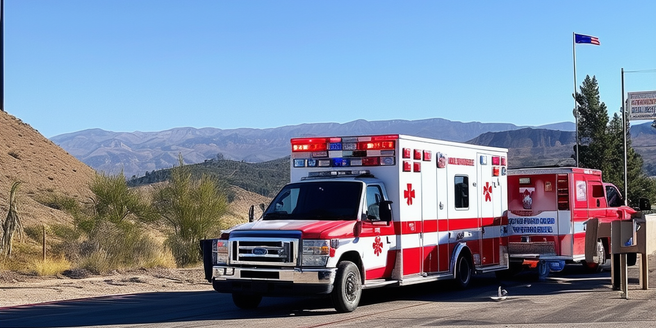
Understanding Medicare Coverage Abroad
While Medicare generally does not cover healthcare services outside the U.S., there are certain exceptions. In rare cases, Medicare may cover services in foreign hospitals if a medical emergency occurs in the U.S. and the foreign hospital is closer than the nearest U.S. hospital. If traveling near borders, it’s wise to know where the nearest hospitals are situated. It is crucial to be aware of these limitations and understand what scenarios might be covered. Moreover, it’s important to check the specific terms of your Medicare plan regarding international coverage. Additionally, travelers should consider purchasing supplemental insurance to cover potential gaps. Otherwise, enrollees might find themselves having to pay out-of-pocket for international medical expenses.
Travel Insurance Options for Medicare Beneficiaries
For Medicare beneficiaries planning to travel abroad, purchasing additional travel insurance is highly advisable. There are various travel insurance plans that specifically cater to senior travelers and those with pre-existing conditions. These policies can cover emergency medical expenses, evacuations, and even cancellations due to illness. Researching and selecting an appropriate travel insurance plan can provide peace of mind and financial protection while exploring international destinations.
For seniors, especially those dealing with pre-existing health issues, this extra layer of security ensures that unforeseen medical situations won’t turn a dream vacation into a financial disaster. In addition to offering coverage for emergency medical expenses, some travel insurance plans also include coverage for trip interruptions, lost luggage, and other travel inconveniences. Detailed comparisons of different insurance plans can help in selecting one that offers comprehensive coverage tailored to individual needs and travel plans. Ultimately, having the right travel insurance adds a significant level of safety and comfort, making international travel a more enjoyable and worry-free experience.
Emergency Medical Services Outside the United States
When emergencies strike while abroad, accessing medical care can be challenging and costly. Without the backing of Medicare, travelers often face high out-of-pocket expenses. It is important to familiarize oneself with the available international emergency medical services and the potential costs involved. Planning ahead can make a significant difference in how one handles such situations. Some countries have agreements with the U.S. for mutual health assistance, but these are exceptions. Additionally, obtaining travel insurance can provide an extra layer of protection. Ensuring you have readily accessible funds can also ease the process of obtaining care. Having an emergency plan, including contact information for local hospitals and consulates, is essential for managing any unexpected health issues.
How to Prepare for Health Care Needs During Travel
Preparing for health care needs while traveling starts with packing essential medications and knowing how to obtain more if necessary. Make copies of prescriptions and keep a list of all medications and dosages. It’s also important to stay hydrated and maintain a balanced diet to support overall health during your journey. Carry a basic first aid kit and familiarize yourself with the health care facilities at your travel destination. Consult with your physician about vaccinations or medications specific to your destination. Plan ahead for any specific health concerns related to your destination’s environment. Additionally, understanding the local language for basic medical terms and conditions can be very helpful. Ensure your travel insurance is comprehensive, covering all potential health care needs that might arise.
Filing Medicare Claims for International Services
Filing Medicare claims for services received abroad can be complicated, as Medicare generally does not cover these expenses. In very rare cases where coverage is applicable, retaining all medical records and receipts is crucial. If you anticipate needing medical care while traveling, ensure you understand your coverage beforehand. It’s also wise to check if your travel insurance can fill any gaps in your Medicare coverage. Upon returning to the U.S., contact Medicare to understand the proper process for submitting claims. Documentation must be thorough to support your case, including detailed descriptions of the services received and proof of the need for emergency care. Consulting with a Medicare representative can help navigate this complex process.
